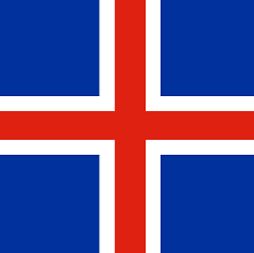Whale watchers oppose Iceland fish farm

SOME of Iceland’s salmon farmers are facing a new and unusual source of opposition to their growth plans.
Whale watchers and the tour companies that take them out to sea are challenging a proposal by AkvaFuture to produce up to 20,000 tonnes of fish in Eyjafjörður, in the north of the country.
The plan is to set up six cages on both sides of the fjord, which is one of the longest in Iceland.
The tour companies say the development will curtail their sailing schedules, a claim strongly denied by AkvaFuture and the industry at large.
Halldór Áskelsson, owner of Keli Sea Tours, said it was not just a matter of a few containers (cages), but the proposal would introduce heavy industry to the fjord.
The area, he argued, has been described as a national paradise, but now the farmers are ‘taking its resources and handing them over to foreign bankers or big companies and trampling on stakeholders in Eyjafjörður’.
Áskelsson, who claims the expansion is larger than local people have been led to believe, is calling for a meeting with the authorities to try to have the plan at least revised. Any development, he added, should be carried out in harmony with nature.
A report from the University of Iceland said whale watching contributed $13.4 million (about £10 million) to the economy, CNN reported.
Iceland also still has a small whaling industry, with a quota set by its government to kill 2,000 whales in the next five years.
AkvaFuture is the Icelandic subsidiary of the Norwegian owned AkvaDesign. Managing director Rögnvaldur Guðmundsson said the company has been completely open about its application, with large advertisements in Iceland’s main media outlets.
There had also been public meetings with the local authorities, who seemed to welcome the employment and economic benefits from the scheme.
‘We believe that environmentally friendly salmon farming can have a synergistic effect on tourism,’ he said, ‘because many tourists are interested in the environment and want to study sustainable food solutions that reduce the ecological footprint and have animal welfare as a priority.’
An environmental assessment is currently being carried out and a decision is expected later this year on whether all six sites will received approval.

